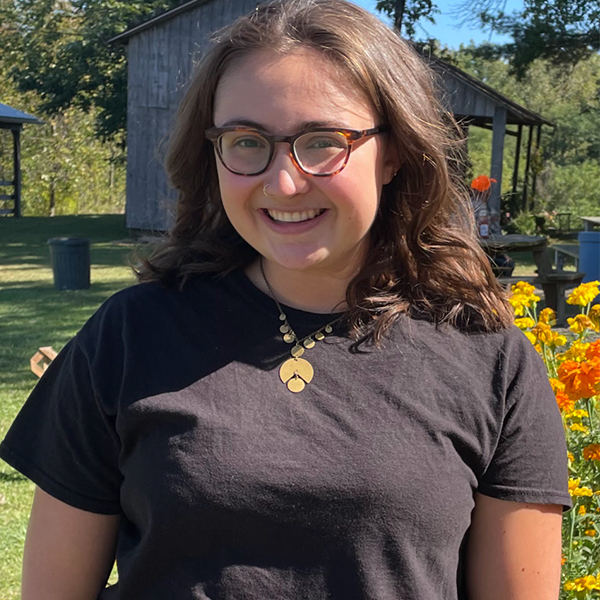
Deep Roots in Eroding Soil: Building Decolonial Resilience Amidst Climate Violence and Displacement in a Louisiana Bayou Indigenous Community

Name: Lia McGrath Kahan
Major: Environmental Studies—Environment and Society
Advisors: Dr. Iemanja Brown, Dr. Carlo Moreno (second reader)
The Pointe-au-Chien Indian Tribe of coastal Louisiana is fighting for survival as climate change and socio-political factors threaten to displace them from their ancestral home and make their traditional livelihoods untenable. Climate projections estimate that the bayou this community has lived alongside of for generations will soon be unrecognizable, leading to potential displacement and devastating cultural loss. Considering this, I explored how erosion, hurricanes, oil and gas industries, tourism, and coastal gentrification impact climate displacement. Along with analysis centered on decolonial and environmental justice theories, I took a participatory research approach rooted in a commitment to relationship building that extends beyond the timeline of this project. I volunteered with the tribe and conducted in-person interviews. Findings revealed that while there is no isolated force of displacement, the widespread destruction caused by hurricanes is the most visible. Observation and interviews illuminated the ways in which hurricane-forced migration results in social, emotional, financial, and environmental trauma. The Pointe-au-Chien Indigenous community, reckoning with the many manifestations of colonial, climate violence, is adapting and surviving. This project emphasizes how the challenges of a coastal Louisiana Indigenous tribe reflect a global crisis. More and more communities are being faced with the harsh reality of climate violence every day, and communities that experienced the most harm from colonialism are also the most vulnerable to climate change. To address this phenomenon, environmental justice theory tells us to center and uplift those impacted by environmental injustice in conversations and actions regarding resilience, migration, and survival.
 Loading...
Loading...
Posted in Comments Enabled, Independent Study, Symposium 2022 on April 26, 2022.
2 responses to “Deep Roots in Eroding Soil: Building Decolonial Resilience Amidst Climate Violence and Displacement in a Louisiana Bayou Indigenous Community”
Related Posts
Related Areas of Study
Environmental Studies
Natural sciences, social sciences, and humanities courses combine for those who want to be part of environmental solutions
Major Minor


Congratulations on the Melissa Schultz Sustainability and the Environment award, Lia! It is well deserved.
Hi Lia! Congratulations!! This is important work, for sure, so thank you for engaging with it—and sharing it with us! All the best for what’s to come! 😀